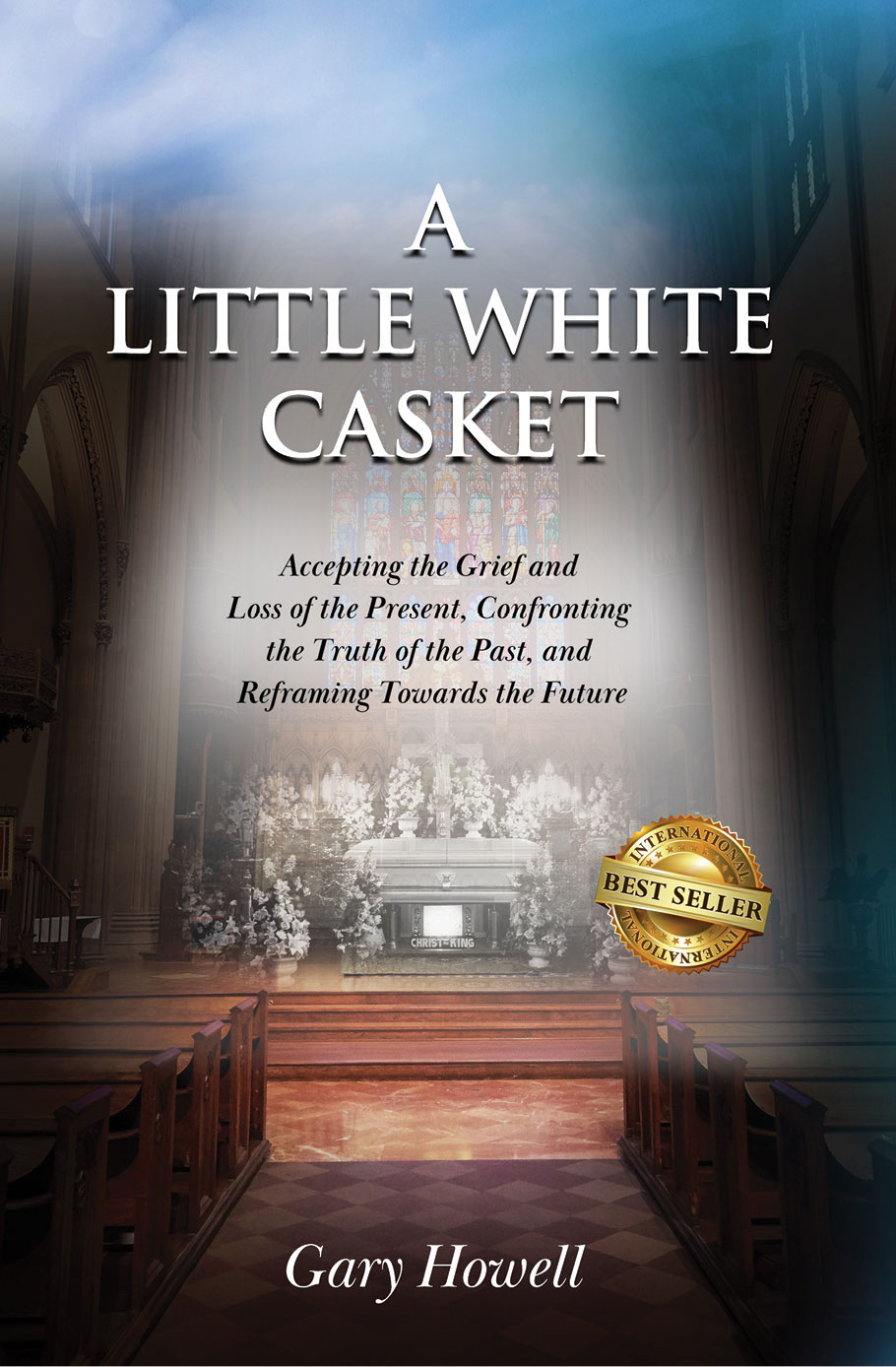Hope is being able to see the light despite all the darkness
Desmond Tutu
Have you ever been in a mental space that seemed to be filled with a negative, worst-case scenario or even depressing situation, only to be confronted by someone who reeks of positivity and hope?
That encounter will mess with your paradigm and add fuel to the negative aspect of your current belief system. When you have made the choice (consciously or unconsciously) to operate in the emotional space of the dark and depressing, there just isn’t any motivation to reach for hope and an expectation of healing.
There’s an old country proverb about a rural farm where every day the farmer’s two dogs, a white one and a black one, would fight in the gated yard. One day a neighbor on his daily walk spotted the farmer watching his dogs and asked him “these dogs fight every day, which one usually wins?’ The farmer’s reply was classic, he said “which ever one I feed the most.” I’m sure you can see the obvious implications of the farmer’s response — there is a subtle cause and effect when it comes to a choice of reaching towards hope or dwelling in despair. This is where I found myself after the death of my youngest daughter, in the vice of emotional pain, and wondering if the idea of real hope and the capacity for healing was nothing more than a well-rehearsed myth.
Nearly 20 twenty years since my daughter passed away I still get asked by my clients who are steeped in grief and pain, “Did you really find hope and healing, or have you just fooled yourself?” Often, sharing with them my experiences in the journey from grief, pain, and loss to a final destination of hope and healing is not enough, so I have to come from a place of logic and personal discovery to drive the point home. In order to do this, we had to bust some of the prevailing myths about hope, and then portray the answers in a way that makes the truth of hope both logical and possible.
Myth #1 – Hope is theoretical and pain is real. While on the surface that sounds accurate, you need only talk to someone who has transitioned from pain to hope to understand the corresponding emotions of hope are as potent and real as those of pain. It becomes a matter of feeding the thought of hope more often than feeding the thought of pain that seems to make hope real, potent and transformative.
Myth #2 – You are either capable of having hope, or you aren’t. This mindset finds its genesis in the archaic way scientists used to assess the brain and it’s accompanying behaviors, saying statements like “that’s just the way you are” implying there’s no possibility of change. Current research provided by positive psychology and cognitive plasticity shows remarkable data proving we have the capability of activating change and our thinking, and directing our thoughts to positive possibilities.
Myth # 3 – Hope is for the lazy and weak-minded. As someone who has worked through major grief and loss, there is nothing weak or lazy about the process. The word hope is both a noun and a verb. A noun denoting that it is a very real thing and a verb denoting that action is required, and that action at that time can be emotionally grueling and no place for the weak of mind.
So back to the original question, “Is hope and healing really possible after intense grief, pain and loss?” I can honestly say both cognitively and experientially I found a place of refuge in hope and the corresponding healing, to the point of which I have shaped my career as a response to the life-saving gift of hope. In the Bible there’s a verse, “hope deferred makes the heart sick,” giving credence to the need, efficacy and the pursuit of hope in one’s life.
My desire for you readers can be summed up by the words of the late Robert Schuller. “Let your hopes, not your hurts, shape your future.”
 Gary Howell is a Certified Life Coach, family counselor, and former pastor of 16 1/2 years. He’s also a father who lost two daughters and was recently diagnosed with cancer. In 2015 Howell launched Pneuma Coaching Advantage which specializes in motivational and inspirational relationship coaching, personal development, spiritual formation, and intervention. Howell is also the international best-selling author of A Little White Casket: Accepting the Grief and Loss of the Present, Confronting the Truth of the Past, and Reframing Towards the Future.
Gary Howell is a Certified Life Coach, family counselor, and former pastor of 16 1/2 years. He’s also a father who lost two daughters and was recently diagnosed with cancer. In 2015 Howell launched Pneuma Coaching Advantage which specializes in motivational and inspirational relationship coaching, personal development, spiritual formation, and intervention. Howell is also the international best-selling author of A Little White Casket: Accepting the Grief and Loss of the Present, Confronting the Truth of the Past, and Reframing Towards the Future.




















